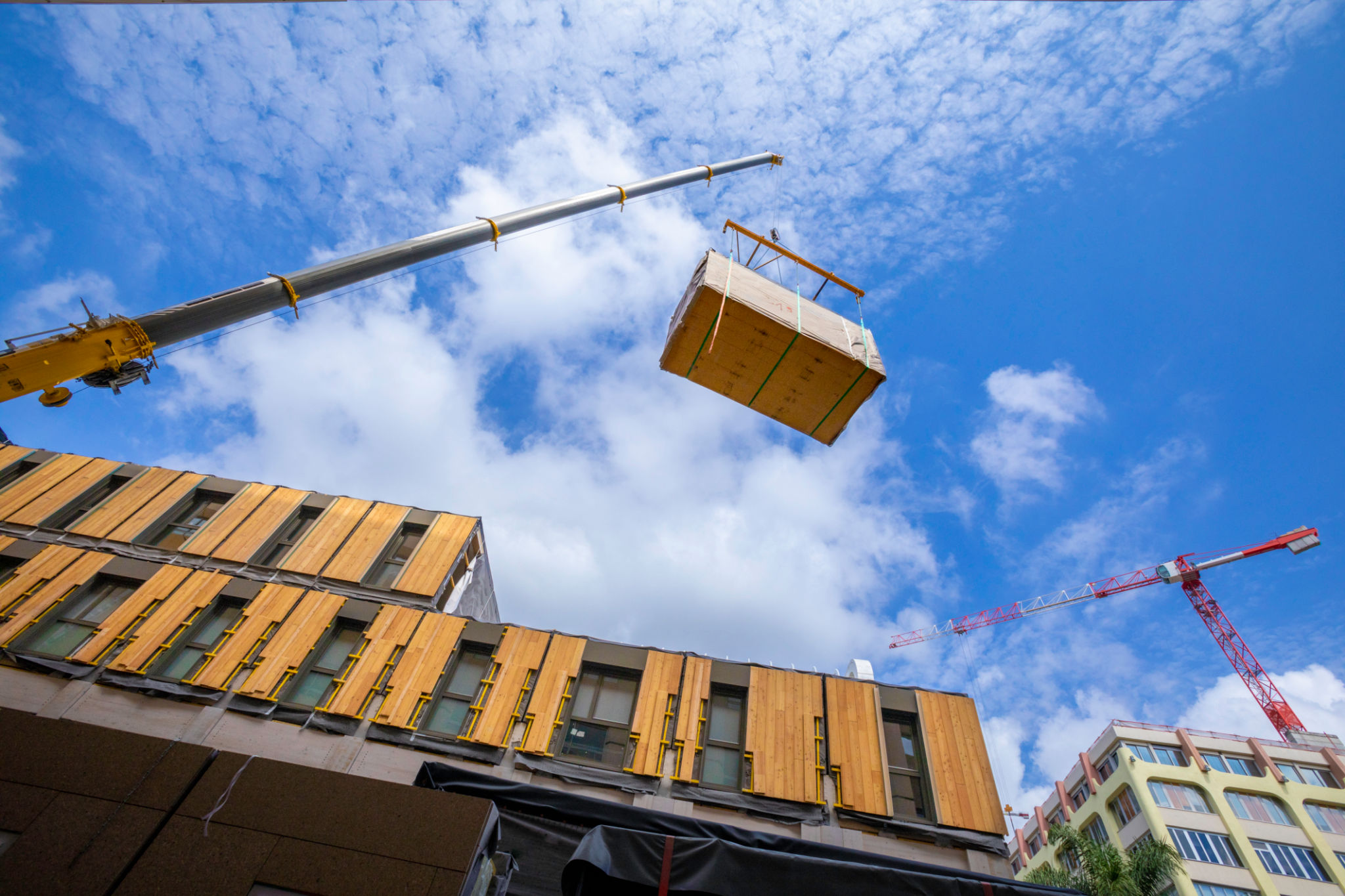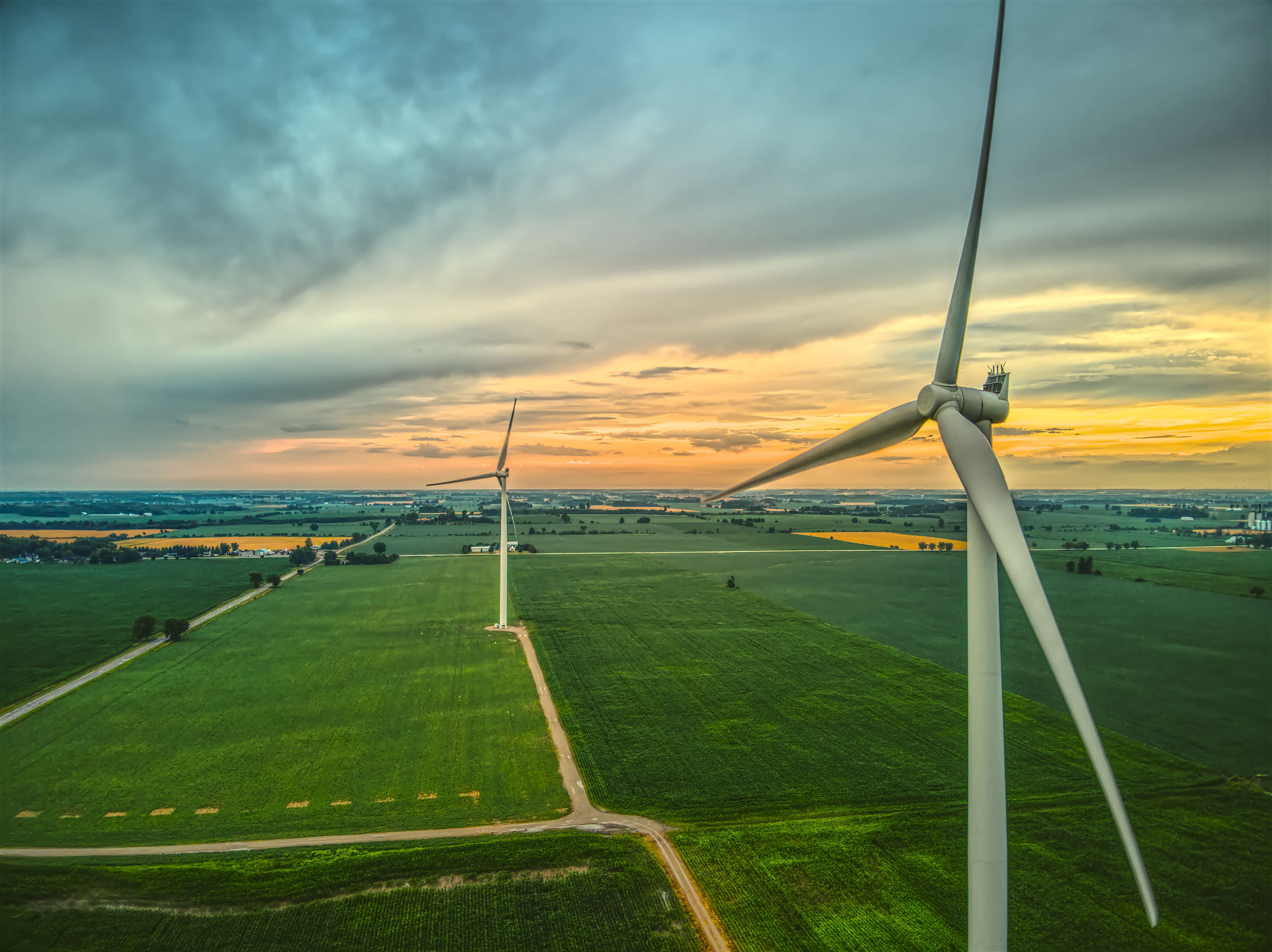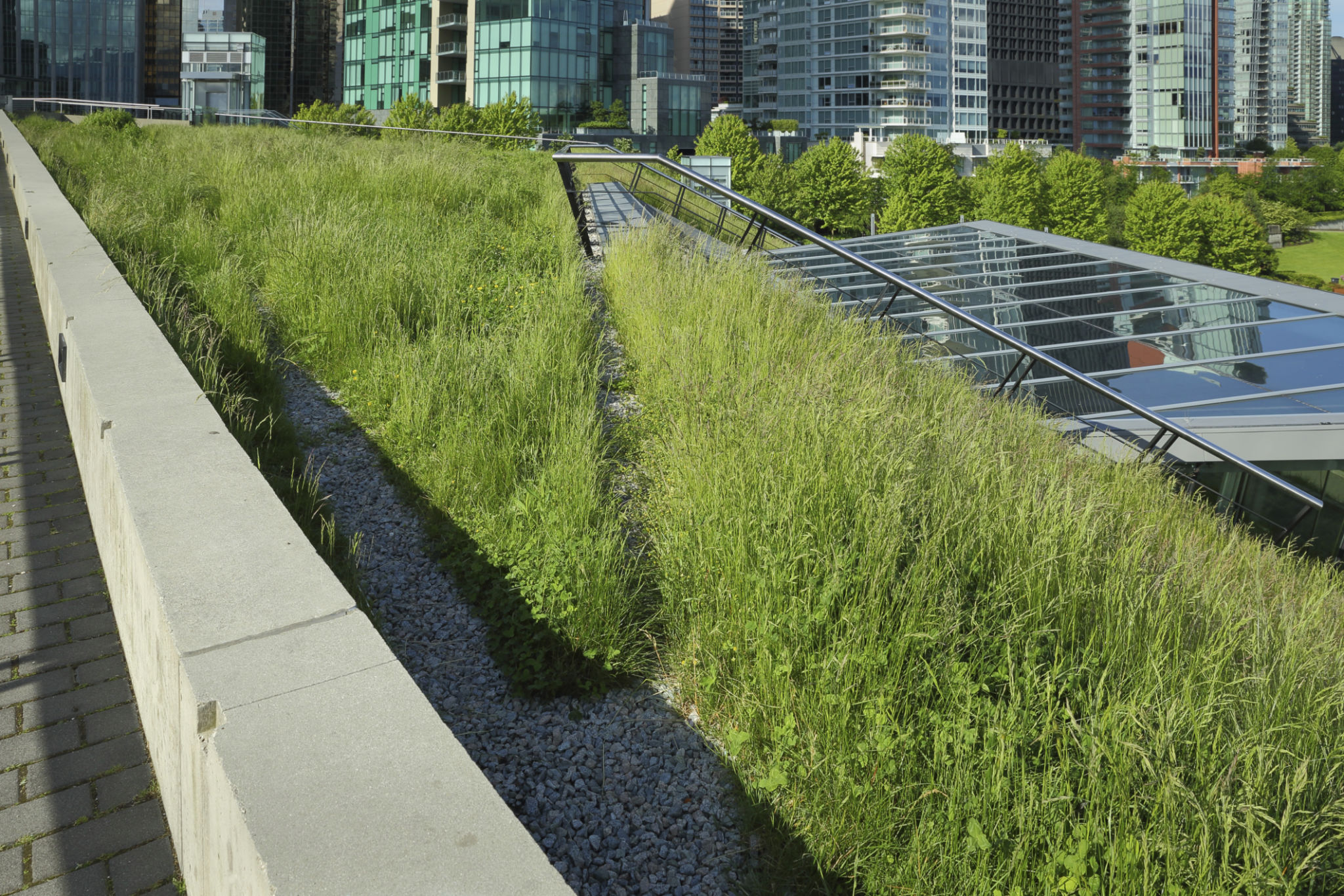How British Construction Services are Leading the Way in Sustainable Building
Introduction to Sustainable Building
In recent years, the construction industry has taken significant strides toward sustainability, with the UK leading the charge. The push for green building practices and energy-efficient designs is motivated by both environmental concerns and economic benefits. British construction services have been at the forefront of this movement, implementing innovative techniques to minimize environmental impact while maximizing efficiency.

The Rise of Green Building Practices
Green building practices have gained momentum as the need for environmentally friendly construction becomes more apparent. In the UK, these practices are not just a trend but a necessity, driven by government regulations and consumer demand. The integration of renewable energy sources, such as solar and wind power, into building designs reflects a commitment to reducing carbon footprints.
British construction companies are embracing sustainable materials, such as recycled steel and sustainably sourced timber. These materials significantly reduce the environmental toll of new construction projects while maintaining structural integrity and aesthetic appeal.
The Role of Technology
Technology plays a crucial role in advancing sustainable building practices. The use of Building Information Modeling (BIM) allows for precise planning and reduces waste during the construction process. Additionally, smart building technologies are being integrated to optimize energy use and enhance building performance.

Innovative Construction Techniques
British firms are pioneering innovative construction techniques that emphasize sustainability. Modular construction, for example, minimizes material waste and reduces construction time. This method involves prefabricating sections of a building off-site and assembling them on location, resulting in less disruption to the environment.
Another technique gaining traction is the use of green roofs and walls, which offer insulation benefits and improve air quality. These features not only enhance the sustainability of a building but also provide aesthetic and psychological benefits to occupants.

The Impact of Government Policies
The UK government has been instrumental in promoting sustainable construction through policies and incentives. Initiatives such as the Green Deal and specific building codes encourage businesses to adopt eco-friendly practices. These policies not only support environmental goals but also stimulate economic growth by creating jobs in the green sector.
Moreover, the government's commitment to achieving net-zero carbon emissions by 2050 has accelerated the adoption of sustainable technologies and methods across the construction industry.
Economic Benefits of Sustainable Building
Sustainable building is not only beneficial for the environment but also economically advantageous. Energy-efficient buildings often have lower operating costs due to reduced energy consumption. Additionally, properties built with sustainable practices tend to have higher market values and attract eco-conscious buyers.
The initial investment in sustainable construction may be higher, but the long-term savings in energy costs and maintenance often outweigh these upfront expenses. As a result, more developers are recognizing the financial viability of green building projects.

A Look to the Future
As British construction services continue to lead the way in sustainable building, the future looks promising. With ongoing technological advancements and strong government support, the industry is set to achieve even greater heights in sustainability. By continuing to innovate and adapt, British firms are setting a global standard for environmentally responsible construction.
The commitment to sustainability in the UK construction sector is an inspiring example for other nations to follow. As more countries embrace these practices, we move closer to a more sustainable future for our planet.
